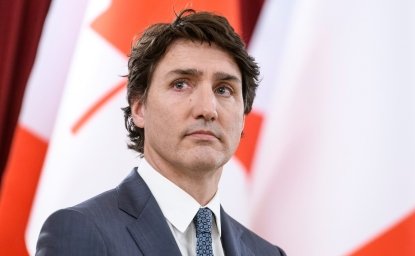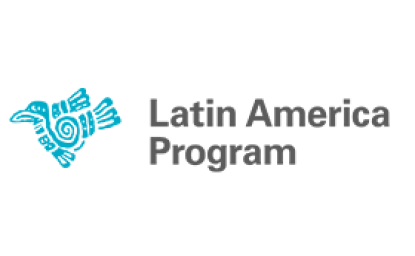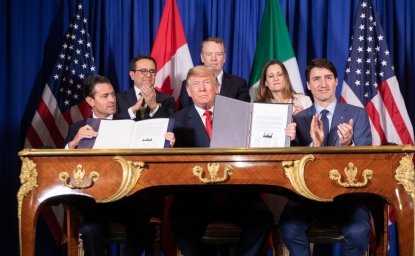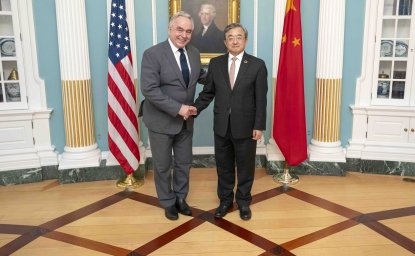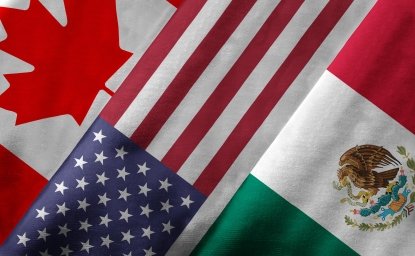Haleh Esfandiari is director of the Middle East Program at the Woodrow Wilson Center. She has recently been involved in a media tour, promoting her new book My Prison, My Home, which tells the story of her 2007 detainment in Iran as a political prisoner. Davar Iran Ardalan is a civic journalist and public broadcasting veteran. She's been a leader in new media innovation. Most recently, she was in charge of Weekend Edition at NPR News, and prior to that, worked on Morning Edition.
The internet, social media, mobile devices: All of these things are changing the ways we acquire news and information. During the protests following Iran's disputed election of 2009, Twitter, Facebook, YouTube and other new media tools became indispensible when trying to figure out what was happening. This technology revolution is not only changing the work of reporters, but is also redefining the notion of who is a journalist. When a foreign correspondent was unable to gain access to a protest rally, an Iranian citizen journalist with a cell phone was there to fill the information void. This week on dialogue we look at the work of the Wilson Center's Middle East Program with Haleh Esfandiari and also that of a special guest who is leading the way in the arena of civic journalism, Davar Iran Ardalan.

